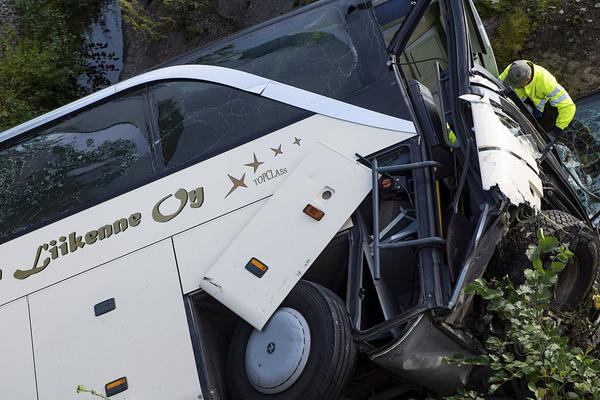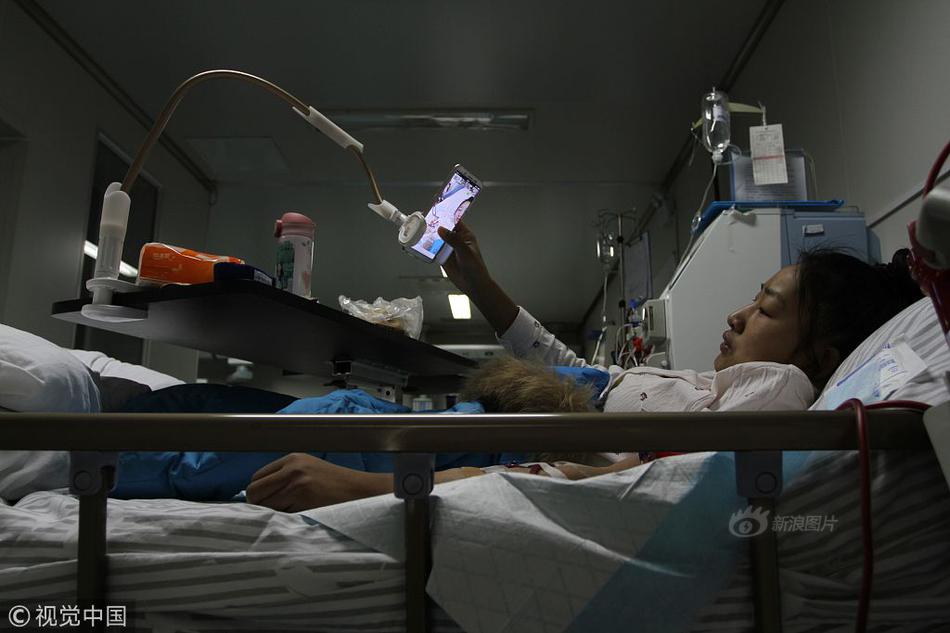【】
You know how the old saying goes; give a teen a creepy robot baby and she’ll be more likely to fall pregnant.
While not a common phrase, it's the conclusion drawn by researchers in a study on "infant simulator programmes," released Thursday.
SEE ALSO:Baby born on a plane receives generous gift from airlineA West Australian study of one teen pregnancy prevention program, published in The Lancet medical journal warns that giving crying, peeing virtual babies to young people could be an ineffective use of public funds.
U.S. readers may be familiar with the Baby Think It Over program from RealityWorks. The Australian version is called the Virtual Infant Parenting (VIP) program and it's this that the study is based on.
57 schools were enrolled in the three-year trial and thousands of teens were involved, with half randomly assigned to take part in the VIP program, while others were used as control. Researchers then tracked the medical records of the high schoolers up to the age of 20.
Their findings? "After adjustment for potential confounders, the intervention group had a higher overall pregnancy risk than the control group," with a 17 percent rate of pregnancy for girls in the VIP program, compared to an 11 percent pregnancy rate for girls who received standard health education. Of course, the correlation between the infant simulation program and a higher pregnancy rate doesn't necessarily mean that one thing caused the other. But it's an interesting idea.
Via GiphyOne of the study's authors, Dr Sally A. Brinkmann of the University of Adelaide told the ABC, "There was a very diverse range of behaviour. These infant simulators tend to promote quite a reaction. In general most of the students liked having the baby.
"Some became extremely attached to their fake babies. They got a lot of attention from family friends while they had the baby.”
But not all teens were into it, Brinkmann notes. "There were stories of dolls wrapped up in sleeping bags or put in the garden shed … Some babies came back with blu-tac over the microphone to keep them quiet." Hey, we don't blame you, teens.
According to obstetrician Professor Julie Quinlivan of University of Notre Dame, Sydney, "the cure for teenage pregnancy is more difficult than a magic doll.
"We have to address both mothers and fathers. Programs need to start in infancy. Investment in vulnerable children is needed to entice these adolescents from the path of premature parenthood into brighter futures. We cannot afford the quick fix, especially when it doesn't work."
相关文章

Airbnb activates disaster response site for Louisiana flooding
Airbnb has activated its disaster response page following the record-breaking flooding in Louisiana.2025-04-24
Martin Scorsese and Robert De Niro's next collaboration reportedly coming to Netflix
Loyalty to Netflix can threaten a relationship, but for longtime collaborators Martin Scorsese and R2025-04-24 Appearing on TV is nerve-wracking enough, but would you be willing to try breastfeeding while you we2025-04-24
Appearing on TV is nerve-wracking enough, but would you be willing to try breastfeeding while you we2025-04-24
Patriots star slams the door on criticism of his White House boycott
Like many of his fellow Patriots, defensive end Chris Long won't be making a trip to Donald Trump's2025-04-24
Felix the cat just raised £5000 for charity because she's the hero we all need
LONDON -- Remember Felix, the Huddersfield train station cat who got promoted to Senior Pest Control2025-04-24
Amazon refuses to turn over Alexa data in Arkansas murder trial
Add yet another skill to Alexa's repertoire: staunch defense of the First Amendment. Amazon is holdi2025-04-24

最新评论